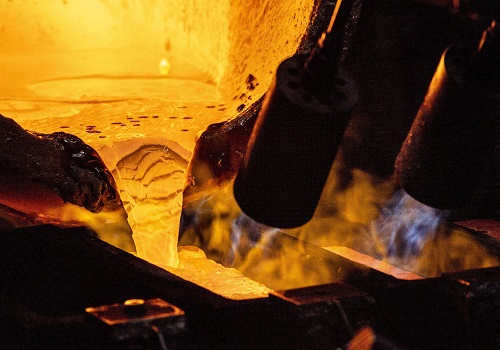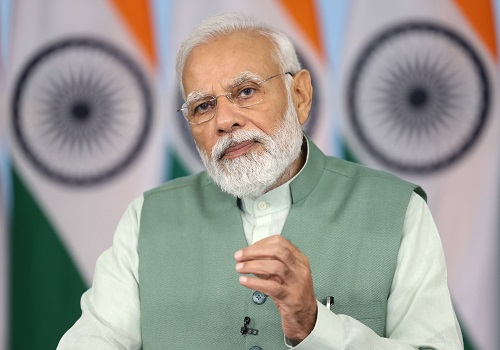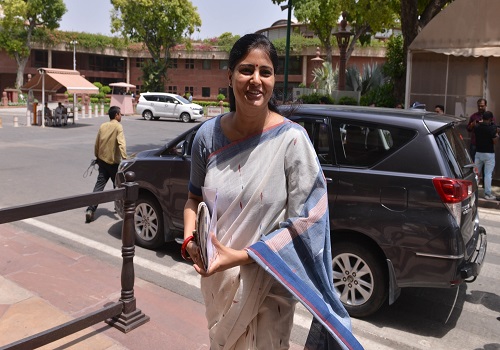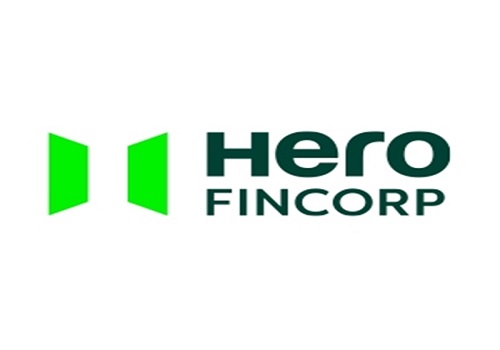Kahan Packaging coming with an IPO to raise Rs 5.76 crore

Follow us Now on Telegram ! Get daily 10 - 12 important updates on Business, Finance and Investment. Join our Telegram Channel
Kahan Packaging
- Kahan Packaging is coming out with an initial public offering (IPO) of 7,20,000 equity shares of face value of Rs 10 each for cash at a fixed price of Rs 80 per equity share.
- The issue will open for subscription on September 6, 2023 and will close on September 8, 2023.
- The shares will be listed on BSE SME.
- The share is priced 8.00 times higher to its face value of Rs 10.
- Book running lead manager to the issue is Hem Securities.
- Compliance Officer for the issue is Mithun Patel.
Profile of the company
The company started its operations in the year 2016, since then has been in the business of manufacturing and supply of Polypropylene (PP)/ High Density Polyethylene (HDPE) Woven Fabric- Laminated, HDPE/PP woven sacks, Woven Fabric- Un-Laminated, PP Woven Bag, PP Woven Bag with Liner, Printed Laminates for Flexible Packaging, woven polymer based products of different weight, sizes and colors as per customer’s specifications. It offers customized bulk packaging solutions to business-to-business (B2B) manufacturers catering to different industries such as Agro Pesticides Industry, Cement Industry, Chemical Industry, Fertilizer Industry and Food Products Industry.
HDPE/PP are two commonly used materials in the bulk packaging industry due to benefits which includes durability, lightweight, versatility, recyclability, chemical resistance, moisture resistance, cost-effective, high tear resistance which has lower carbon footprint during transportation due to its lightweight nature. Over the years, it has made investments, from time to time, in its manufacturing infrastructure to support its product portfolio requirements.
All Its products are manufactured in-house at its manufacturing units located Thane, Maharashtra, which enables it to have an effective control over the manufacturing process, to ensure consistent quality of its products and minimizing production time and bringing cost effectiveness. The manufacturing units of the company are constructed on well-developed land. Its manufacturing unit is strategically located at Thane providing it with strategic and operational advantages and has a modern technology and testing equipment’s with supporting environment and facilities, to ensure that the products conform to the pre-determined standards.
Proceed is being used for:
- Meeting working capital requirements
- General corporate purpose
Industry overview
Manufacturing is emerging as an integral pillar in the country’s economic growth, thanks to the performance of key sectors like automotive, engineering, chemicals, pharmaceuticals, and consumer durables. The Indian manufacturing industry generated 16-17% of India’s GDP pre-pandemic and is projected to be one of the fastest growing sectors. The machine tool industry was literally the nuts and bolts of the manufacturing industry in India. Technology has stimulated innovation with digital transformation a key aspect in gaining an edge in this highly competitive market. Technology has encouraged creativity, with digital transformation being a critical element in gaining an advantage in this increasingly competitive industry. The Indian manufacturing sector is steadily moving toward more automated and process-driven manufacturing, which is projected to improve efficiency and enhance productivity.
In India’s case, packaging is the fifth largest sector in its economy and is one of the highest growth sectors in the country. According to the Packaging Industry Association of India (PIAI), the sector is growing at CAGR 22% to 25%. Over the last few years, packaging industry has been an important sector driving technology and innovation growth in the country and adding value to the various manufacturing sectors including agriculture and FMCG segments. According to the Indian Institute of Packaging (IIP), the packaging consumption in India has increased 200% in the past decade, rising from 4.3 kg per person per annum (pppa) to 8.6 kg pppa as on FY20.
The Indian packaging sector is diverse and caters to a broad sector of industries and products. The government, through its positive promotion of the Make in India policy, has set the packaging sector to grow rapidly due to companies setting up their manufacturing units in the country and using these domestic facilities as a base to export to other countries. The government has implemented a strategy to lower tax rates for new manufacturing companies in order to turn India into a global manufacturing hub.
Pros and strengths
Wide range of products: Its product portfolio includes Polypropylene (PP)/ High Density Polyethylene (HDPE) Woven Fabric- Laminated, HDPE/PP woven sacks, Woven Fabric- Un-Laminated, PP Woven Bag, PP Woven Bag with Liner, Printed Laminates for Flexible Packaging etc. It manufactures products based on the orders specifications received from of its customers to meet their requirements.
In-house manufacturing capabilities: Its factories have cumulative production capacity of 2600 m.t. p.a of PP woven Fabric. The in-house manufacturing operations enable it to stream line inventory management and production process resulting into maintenance of quality production standards, minimizing production time and bringing cost effectiveness. At present it is manufacturing the PP Woven Fabrics of different capacity at an average range of approximately 50%. The Company is enhancing product range as well as client base so the dependency on few customers for sale can be avoided.
Strong relationship with customers and suppliers: It focuses on maintaining long term cordial business relationship with most of its customers. It is successful in building a strong client base for its business. Its existing relationships help it to get repeat business from its customers. This has helped it to maintain a long-term working relationship with its customers and improve its customer retention strategy. It focuses on building sustained and long term relationship with its suppliers. For manufacturing its products, it purchase raw materials in bulk quantities.
Risks and concerns
Dependence on third party transportation services: It does not have an in-house transportation facility and it rely on third party transportation and other logistic facilities at every stage of its business activity including for procurement of raw materials from its suppliers and for transportation of products to its customers. For this purpose, it hires services of transportation companies. However, it have not entered into any definitive agreements with any third-party transport service providers and engage them on a needs basis. Additionally, availability of transportation solutions in the markets it operates in is typically fragmented. The cost of its goods carried by such third-party transporters is typically much higher than the consideration paid for transportation, deue to which it may be difficult for it to recover compensation for damaged, delayed or lost goods.
Working capital requirements: Its business requires significant amount of working capital and major portion of its working capital is utilized towards inventories and trade receivables. Its growing scale and expansion, if any, may result in increase in the quantum of current assets. Its inability to maintain sufficient cash flow, credit facility and other sources of funding, in a timely manner, or at all, to meet the requirement of working capital or pay out debts, could adversely affect its financial condition and result of its operations.
Face competition: It faces increasing competition in packaging industry from its existing and potential competitors in India that may have substantially greater brand recognition, longer operating histories, greater financial, product development, sales, marketing, more experienced management, access to a cheaper cost of capital and other resources than it do. Its competitors may have lower costs, or be able to offer lower prices and a larger variety of products in order to gain market share. Its competitors may also make acquisitions or establish cooperative or other strategic relationships, among themselves or with third parties, thereby increasing their ability to address the needs of its targeted customers and offering lower cost products than it does which may have a negative effect on its sales.
Outlook
Incorporated in 2016, the company offers customized bulk packaging solutions to business-to-business (B2B) manufacturers catering to different industries such as Agro Pesticides Industry, Cement Industry, Chemical Industry, Fertilizer Industry and Food Products Industry. On the concern side, its business requires significant amount of working capital and major portion of its working capital is utilized towards inventories and trade receivables.
The company is coming out with an IPO of 7,20,000 equity shares of face value of Rs 10 each for cash at a fixed price of Rs 80 per equity share to mobilize Rs 5.76 crore. On performance front, the company’s total income for the financial year 2022-23 stood at Rs 1755.93 lakh whereas in Financial Year 2021-22 the same stood at Rs 1590.63 lakh representing an increase of 10.39%. The company reported Restated profit after tax for the financial year 2022-23 of Rs 103.38 lakh in comparison to Rs 19.77 lakh in the financial year 2021-22, there is an increase of 422.91%. Going forward, the company’s intends to focus on adhering to the quality standards of the products. Quality of the product is very important for the company. Continuous quality review of products and timely corrective measures in case of quality diversion are keys for maintaining quality standards of the products. Providing the desired and good quality products help it in enhancing customer trust and maintaining long term relationships with them.
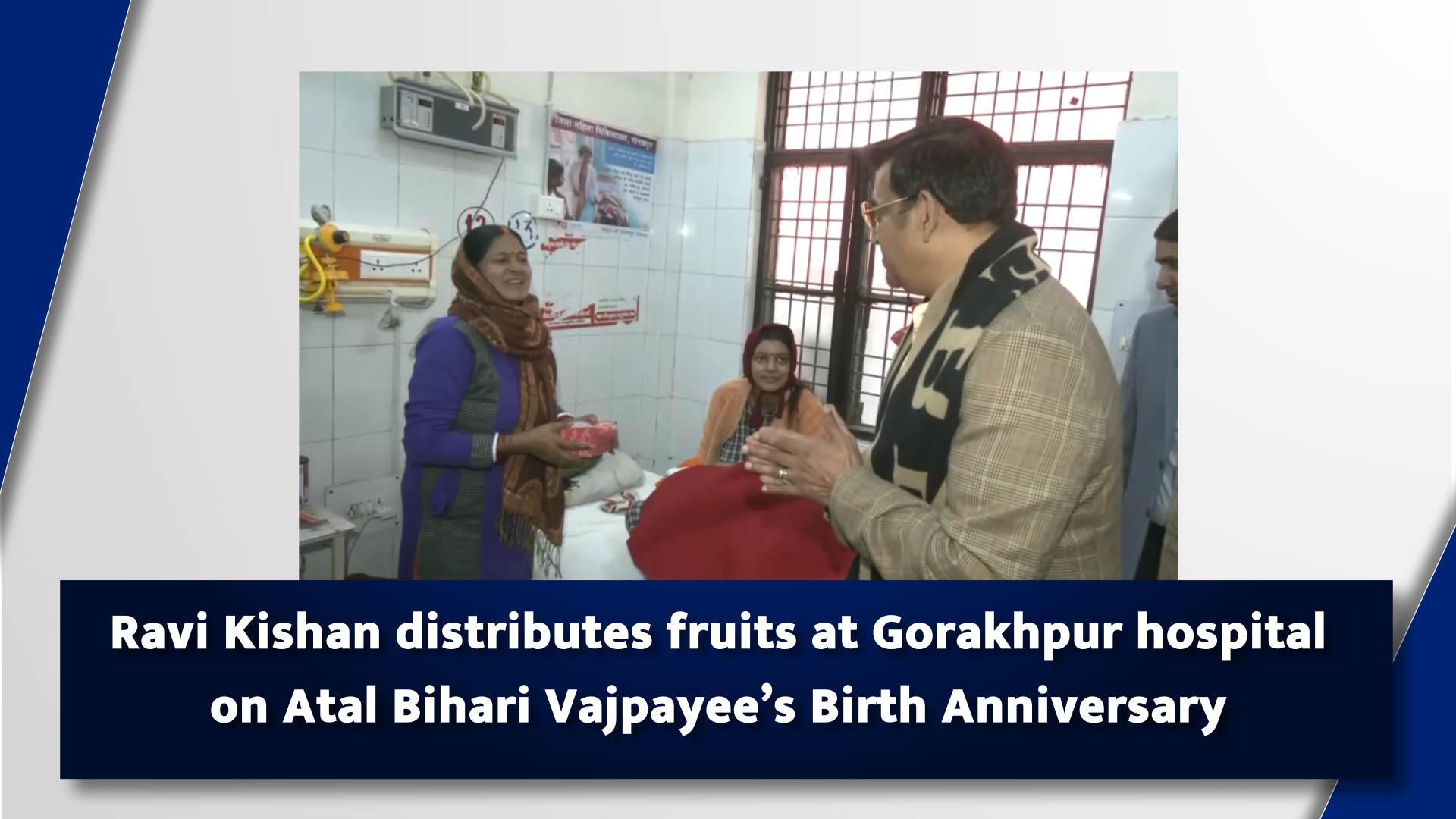
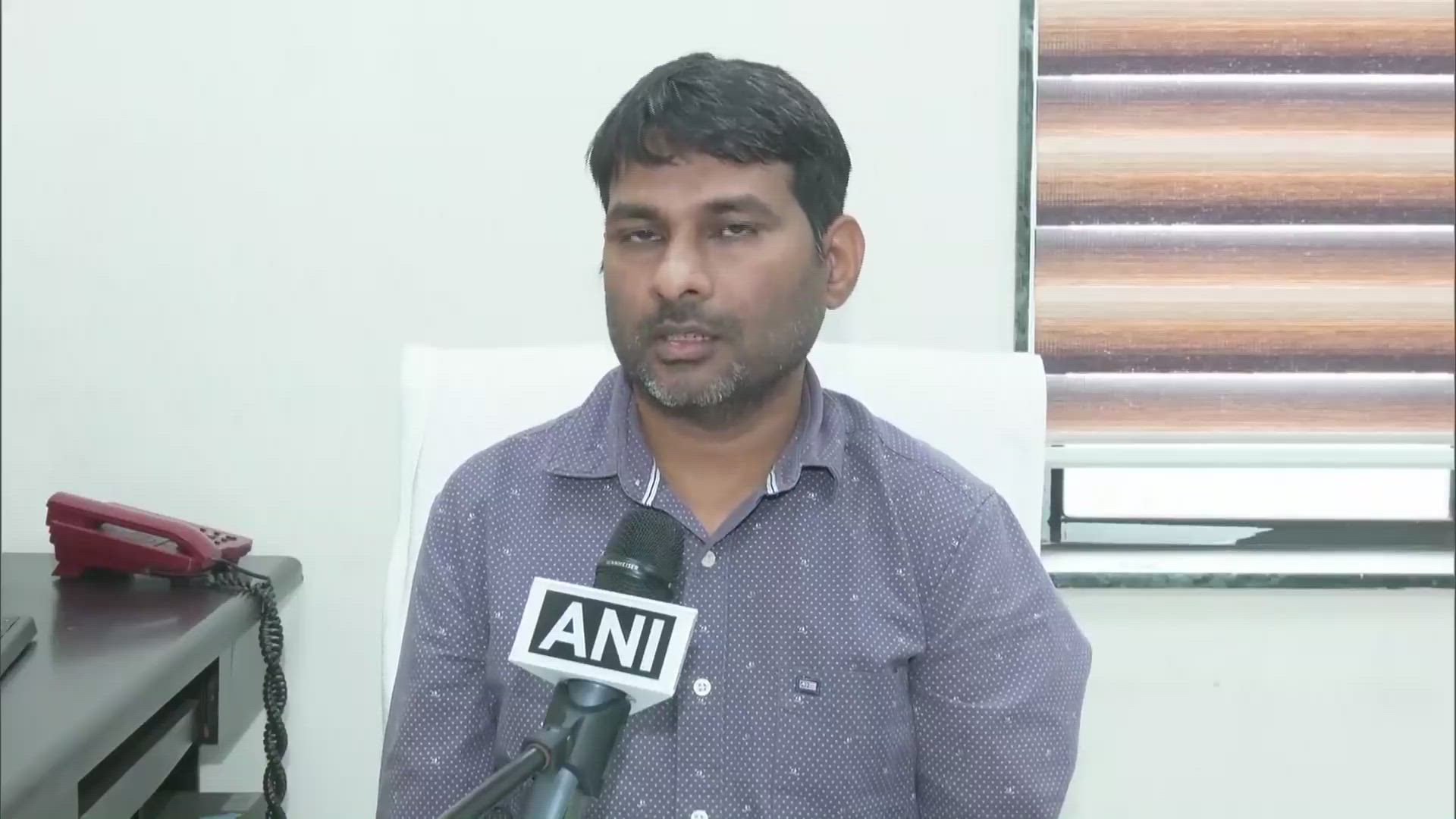
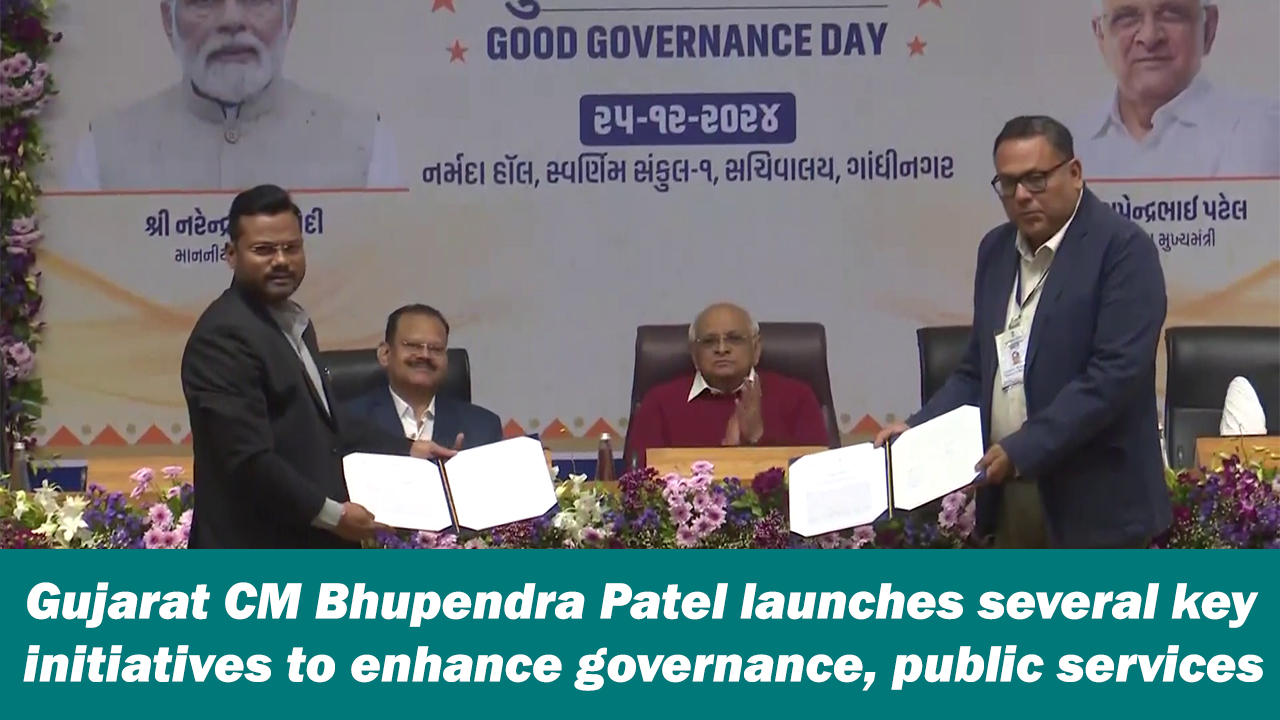
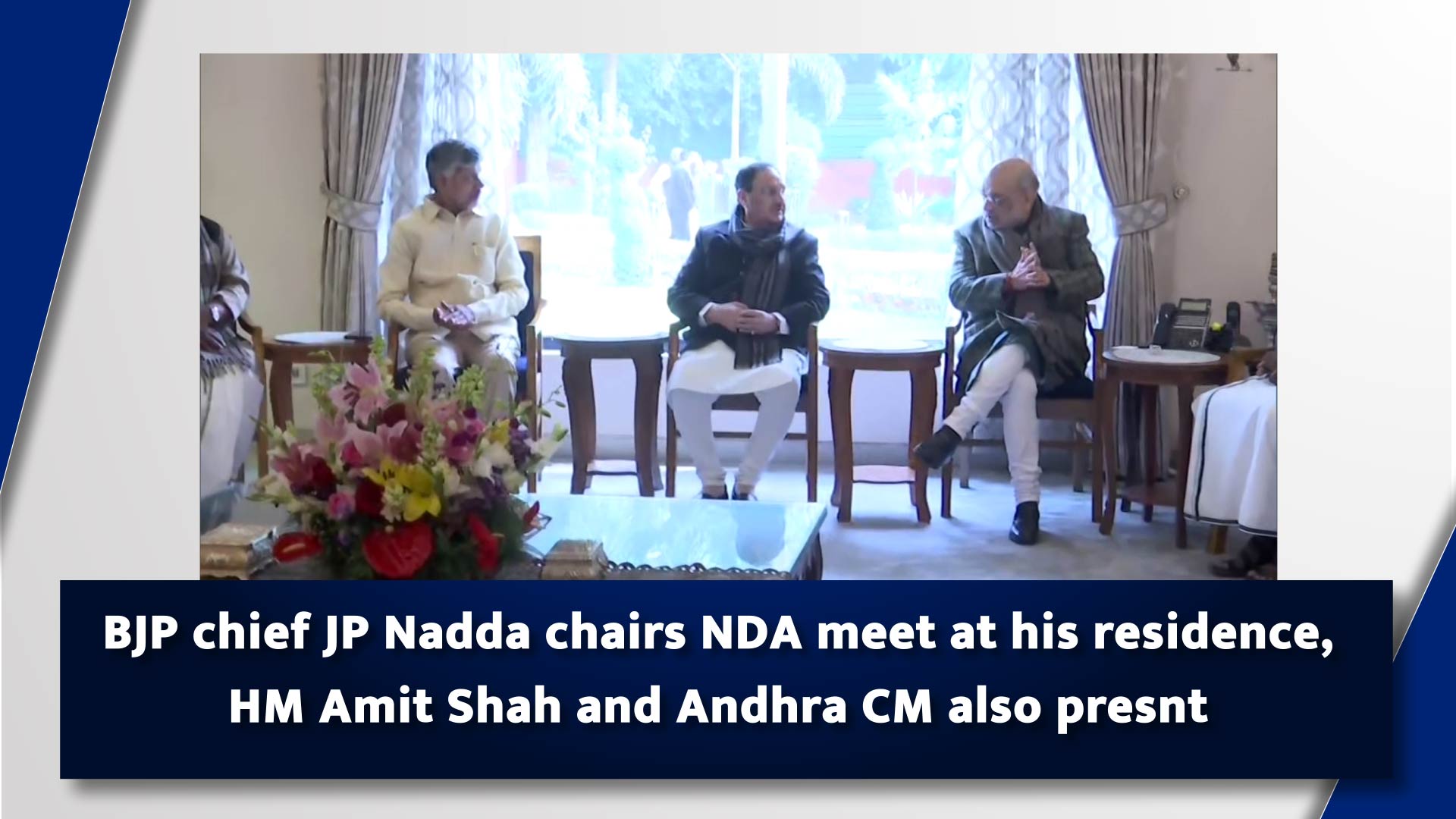
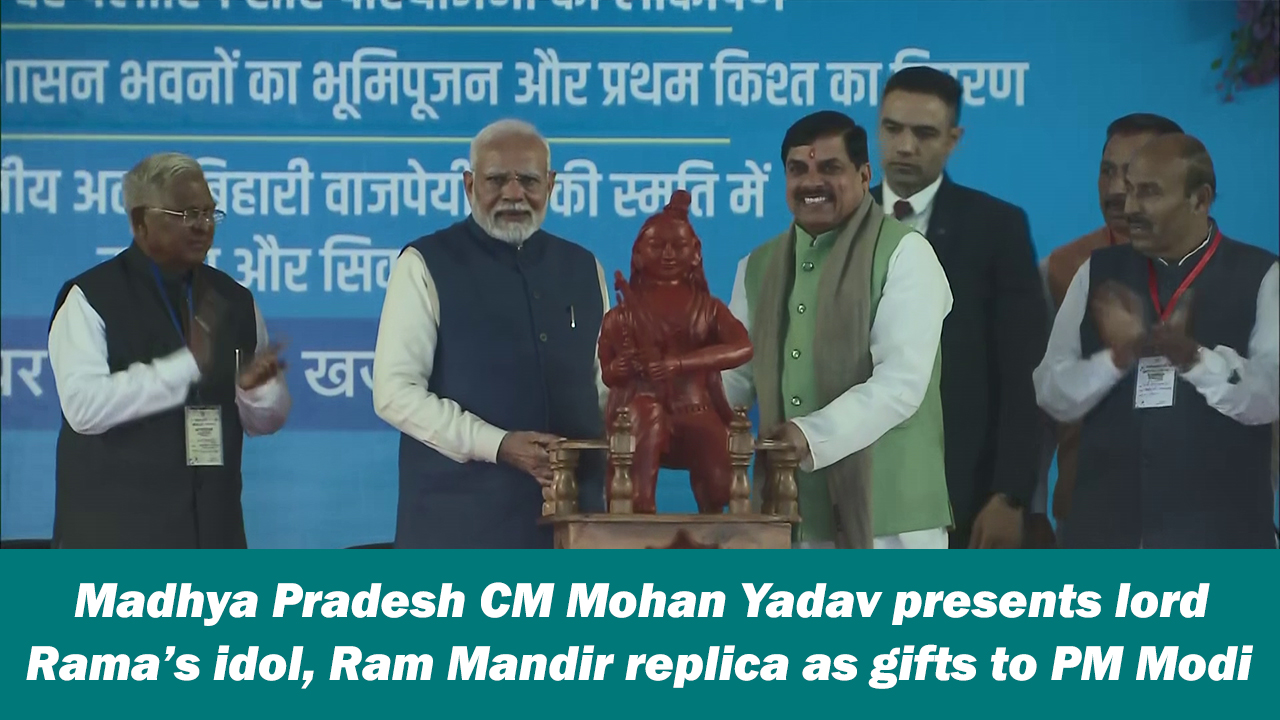
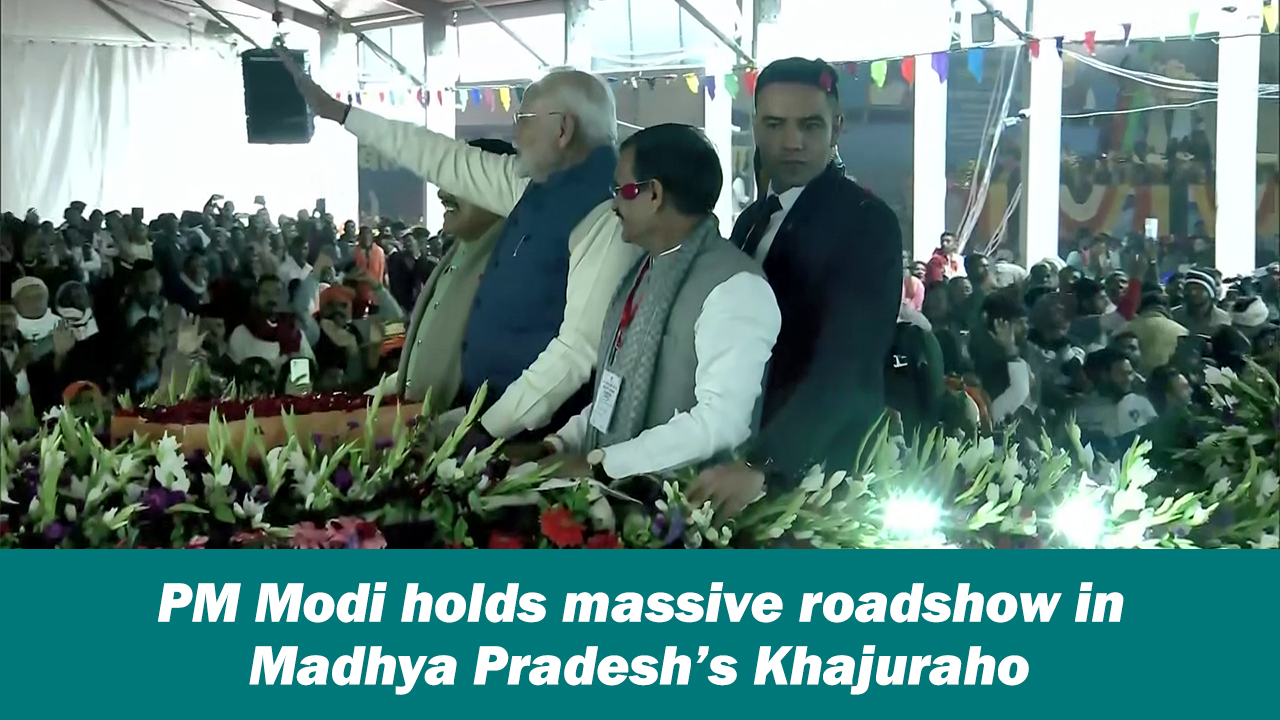
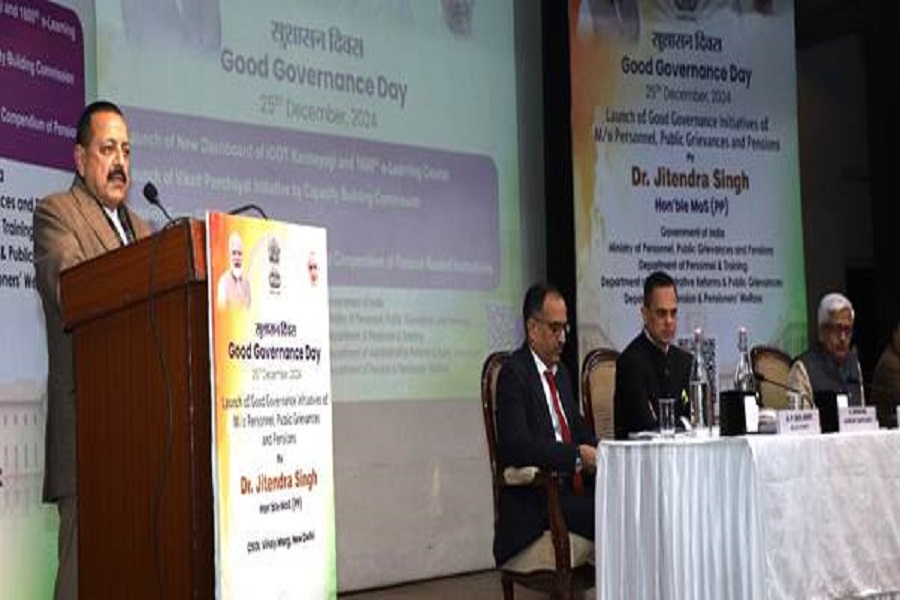
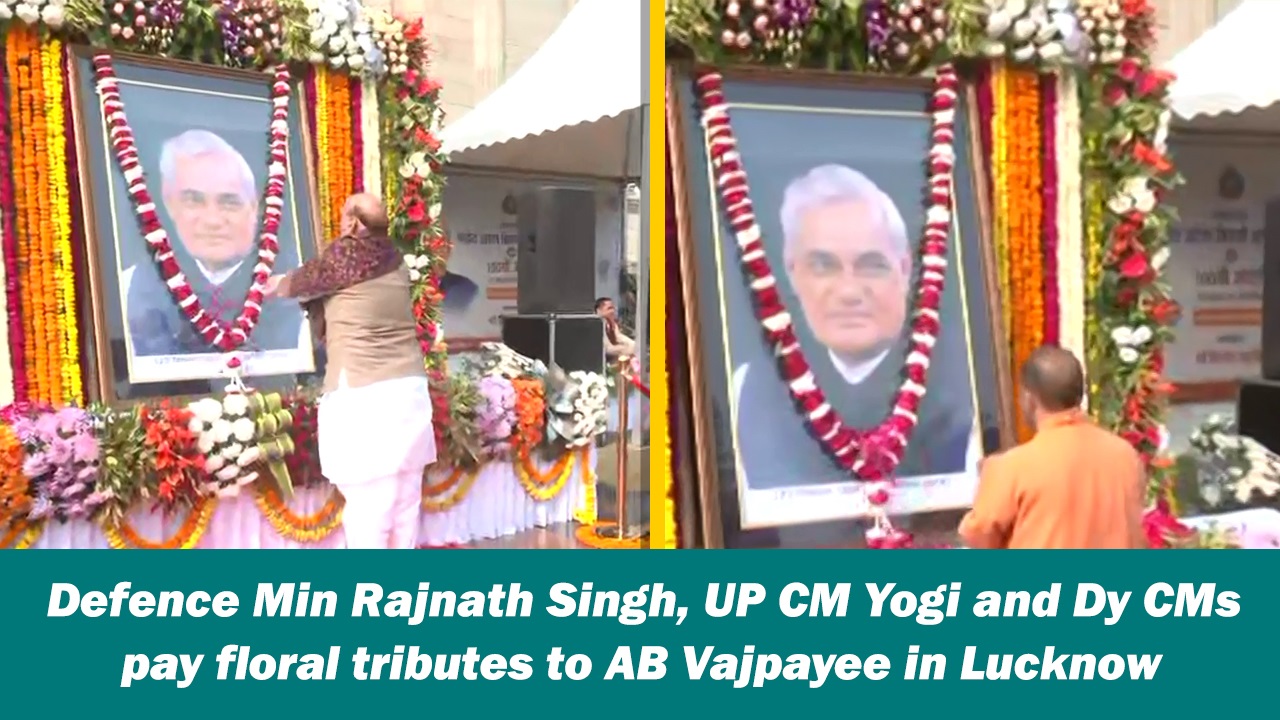

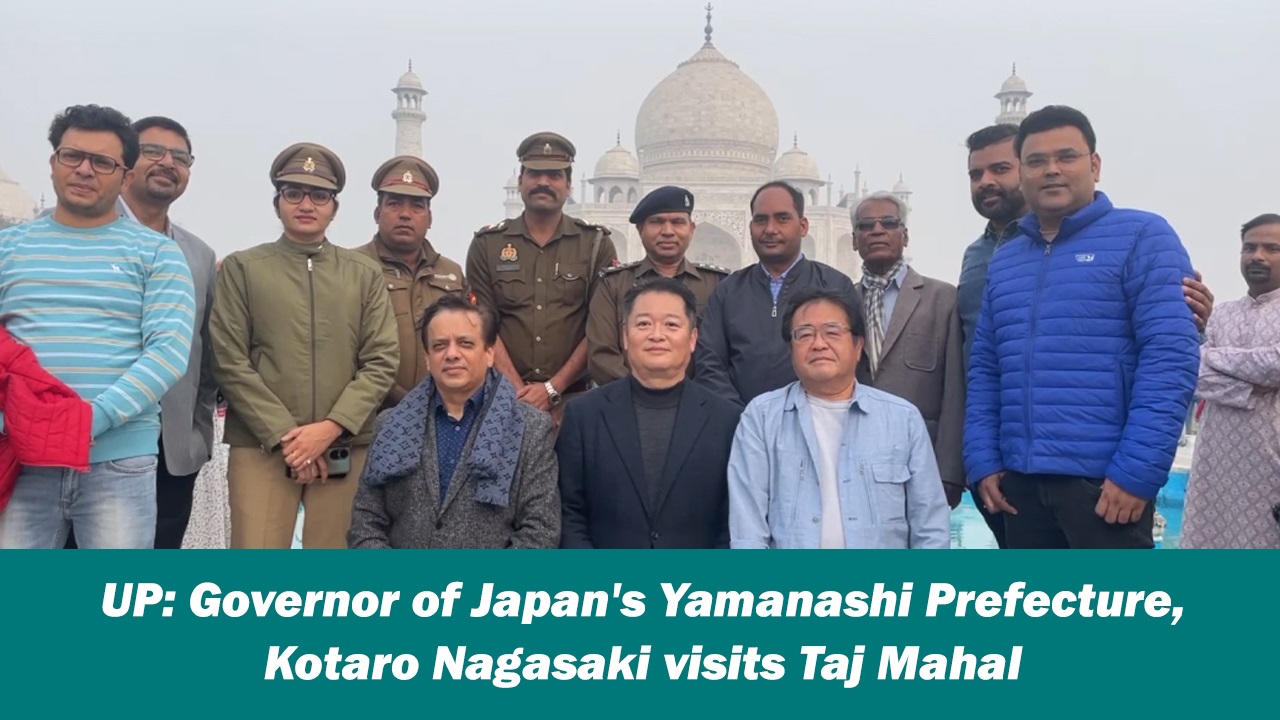


 320-x-100_uti_gold.jpg" alt="Advertisement">
320-x-100_uti_gold.jpg" alt="Advertisement">

